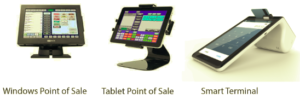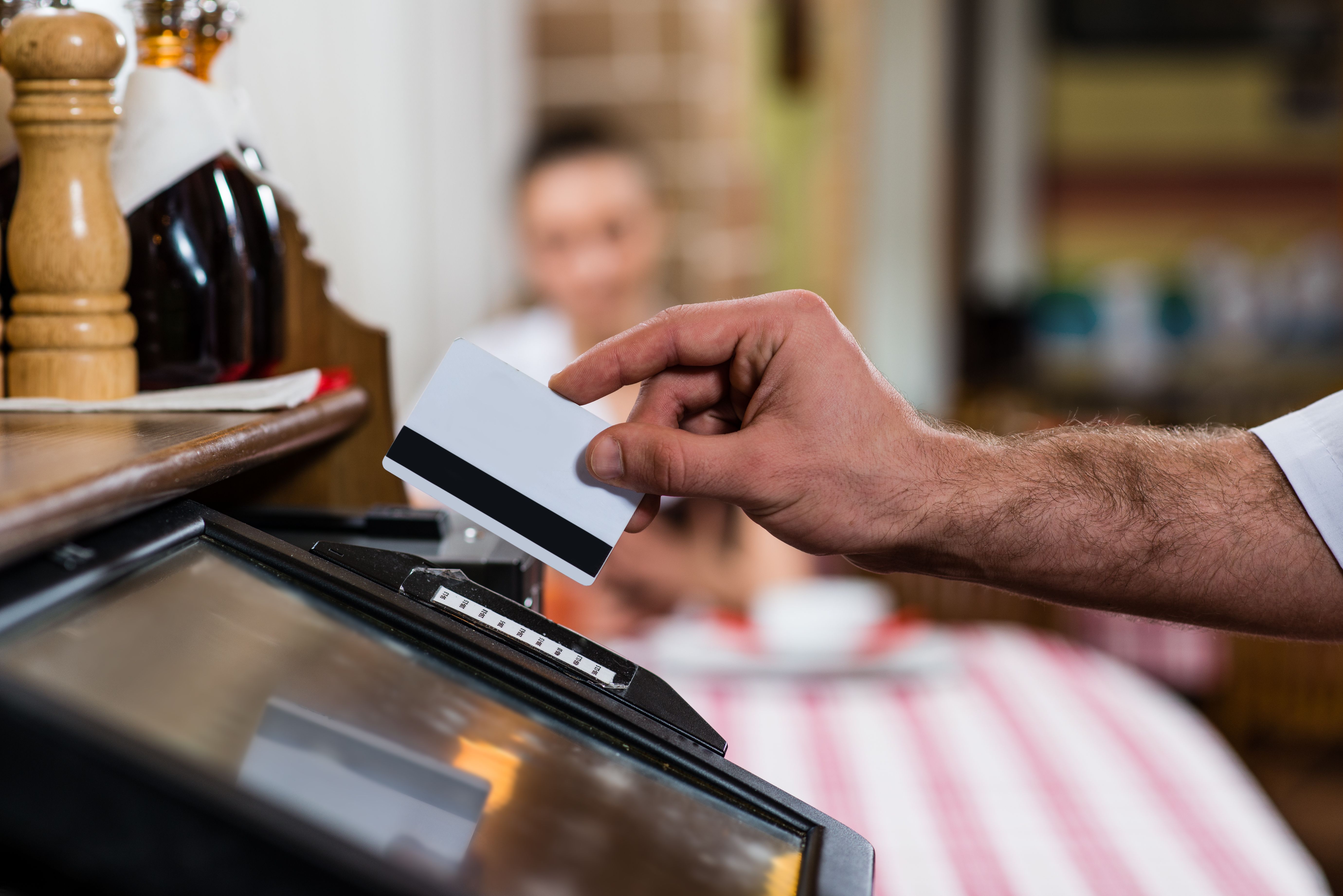Part one of a three-part series about whether an integration of payments is a smart business option for your industry. Integration of payments into a point of sale, ERP (Enterprise Resource Planning), contact management system, or EMR (Electronic Medical Records) has been a hot topic for many years. The word integration has been used by sales people and companies as a buzzword meaning better. But is integration better for your business? That’s the question we hope to help you answer.
Today, we tackle the ever busy and complex restaurant industry. We will start with an overview of the industry and what options are available for integration, then list the pros and cons for the restaurant market.
Restaurant POS
Restaurants have typically led the way in integrated credit card payments in a point of sale (POS). Names such as Micros and Aloha were the workhorses for point of sale software in hospitality with integrated credit card payments.
However, since the transitions to EMV (Europay, MasterCard, Visa) transactions in October of 2015, the integration of legacy point of sale systems such as Micros and Aloha have slowed, due to the lack of EMV integrations.

It appears that large POS companies in the restaurant and hospitality industry have taken on partners or, at least, revenue sharing deals with payment processors. These agreements are similar to revenue shares, and they can crowd out other processors. When choosing a software and a processor, consider the possible dangers of doing a business with a company that offers proprietary processing. Proprietary processing means that you will have to use the processor that is tied to the point of sale software. This is dangerous territory as they could hold the merchant’s account hostage to rate increases.
There are several more options for restaurants; for example, a tablet point of sale or smart terminals. But, it all depends on your needs. Tablet POS and Smart Terminals are considered really good fits for quick serve restaurants and smaller sit-down restaurants. While larger sit down restaurants prefer the more detailed reporting offered by a windows based POS systems. Don’t forget to do your research and make sure you have flexibility with payment processors and gift card providers when considering a restaurant or hospitality point of sale system.

Restaurant POS Positives
- Tip reporting by server is much easier; it is easier to payout servers and to calculate tip adjustments
- Historical data captured more easily and more readily available for future staff planning
- Food costing
- Time clock management
- Inventory management
- Happy hour configurations
- Multiple discount options
- Detailed reporting options
- Seating charts
Restaurant POS Cons
- Many POS systems still do not accept EMV transactions, putting the merchant 100% liable for every transaction they run.
- The revenue share between the POS vendor and processor may not be the most competitive.
- The POS system may not offer cash discounting, which can be done through a few POSs or, through a credit card terminal by the side of the POS system.
Hopefully, this has been an informative article in aiding in your decision on integration of payments for your restaurant. If you need help deciding or to receive a quote, visit: http://stillwaterpayments.com/contact-us/ or call us at +1 877-651-1655.


